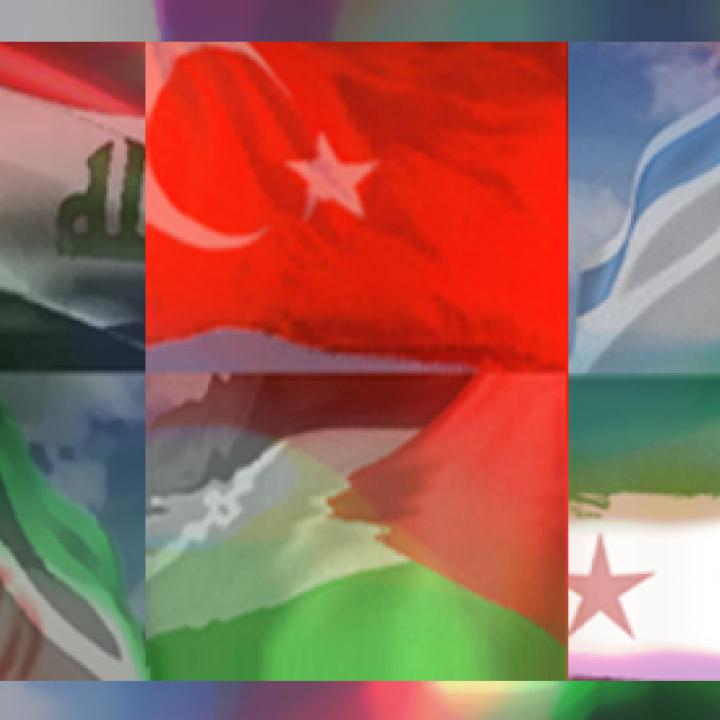
- Policy Analysis
- Strategic Reports 12
Obama II and the Middle East Strategic Objectives for U.S. Policy

THE MIDDLE EAST has been home to incessant turmoil and instability since the end of World War II, yet as President Obama enters his second term, he faces a spectrum of threats in this region unparalleled in modern history. Iran's nuclear program rapidly approaches the threshold to breakout capability, perhaps as soon as this year. Civil war in Syria is already a blight on the conscience of the international community and may yet produce a failed state, with possible dispersal of chemical weapons. Iraq struggles to keep sectarian tensions in check while remaining unable to strike a deal on any of the core national issues. The rising tide of radical Islamism, the stalemated Israeli-Palestinian peace process: America cannot insulate itself from these pathologies.
But to effect change in the Middle East, our administration must understand its limitations: it must frame its approach and objectives in a way that does not leave a yawning gap between our declared aims and what we can actually achieve. In this new strategic report, veteran diplomats Dennis Ross and James Jeffrey focus on the issues they believe will have the highest stakes and implications for U.S. interests in the region. They couple cogent analysis with recommendations on Iran, Iraq, Syria, Egypt, Turkey, and the Israeli-Palestinian peace process. For the sooner Washington can act with effectiveness on those issues that have a very clear regional dimension—e.g., Iran or Syria—the more leverage we are likely to have on the remaining challenges in the region.
THE AUTHORS
DENNIS B. ROSS, the Institute's Ziegler distinguished fellow and counselor from 2001-2009, rejoined the Institute as counselor in December 2011 after serving two years as special assistant to President Obama as well as National Security Council senior director for the Central Region, and a year as special advisor to Secretary of State Hillary Rodham Clinton, focusing on Iran. For more than twelve years, Ambassador Ross played a leading role in shaping U.S. involvement in the Middle East peace process and dealing directly with the parties in negotiations.
JAMES F. JEFFREY is the Philip Solondz distinguished visiting fellow at The Washington Institute and former U.S. ambassador to Turkey and Iraq. One of the nation's most respected diplomats, he has held a series of highly sensitive posts in Washington and abroad, including assistant to the president and deputy national security advisor in the George W. Bush administration, with a special focus on Iran.





